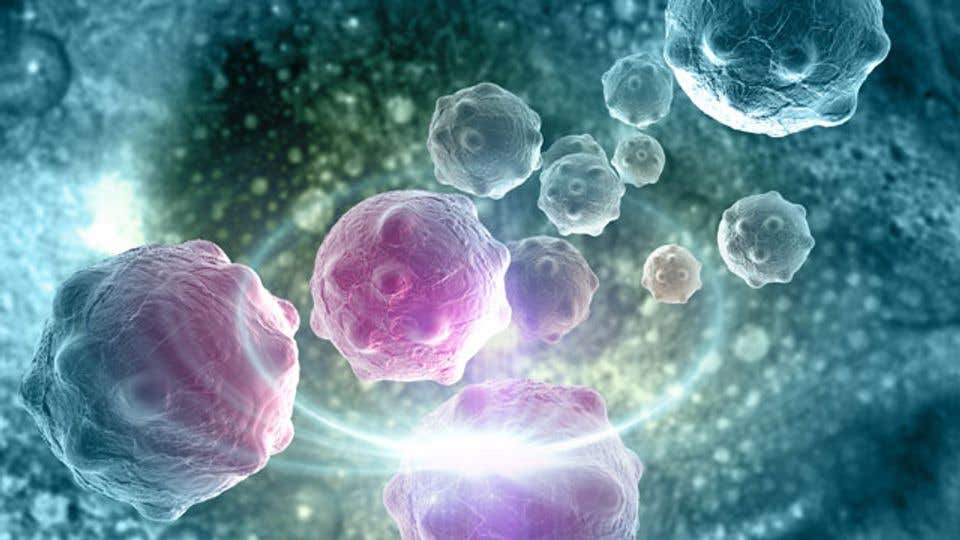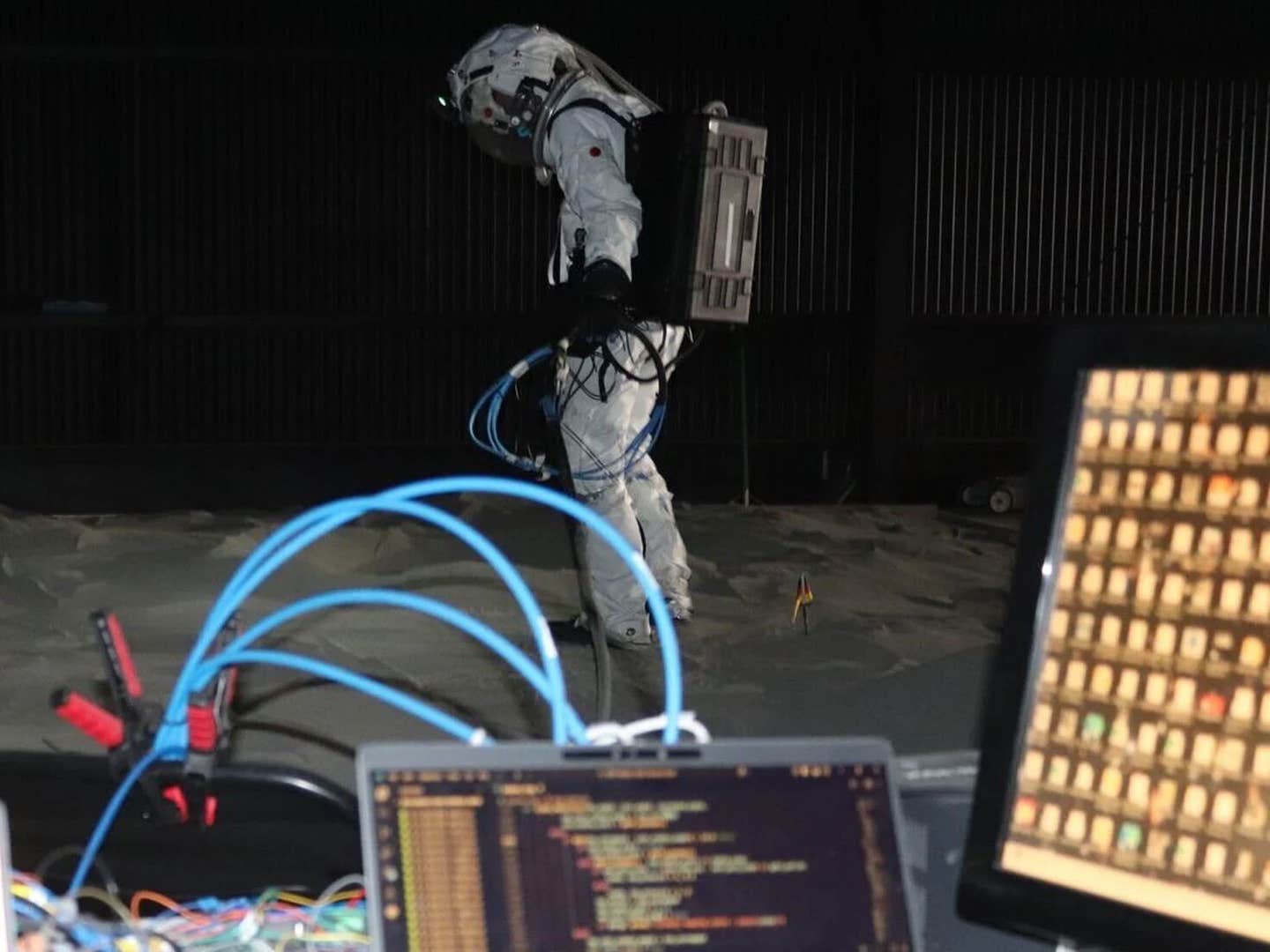Breakthrough treatment successfully combats lung cancer
Lung cancer, while not the most prevalent form of cancer, remains one of the deadliest, claiming over 1.8 million lives globally each year.

Lung cancer, while not the most prevalent form of cancer, remains one of the deadliest, claiming over 1.8 million lives globally each year. (CREDIT: Creative Commons)
Lung cancer, while not the most prevalent form of cancer, remains one of the deadliest, claiming over 1.8 million lives globally each year. Despite various treatment options such as surgery, radiation therapy, and chemotherapy, the prognosis for patients is often grim, with only about a quarter surviving beyond five years after diagnosis.
In an effort to improve outcomes for lung cancer patients, scientists from The University of Texas at Arlington (UTA) and UT Southwestern Medical Center have devised a groundbreaking method to deliver cancer-fighting drugs directly into malignant cells.
Lead author of the study, published in the the peer-reviewed Bioactive Materials, Kytai T. Nguyen, who is also the Alfred R. and Janet H. Potvin Distinguished Professor in Bioengineering at UTA, explained the innovative approach: "Our method utilizes the patient's own cellular material as a 'trojan horse' to transport a targeted drug payload directly to the lung cancer cells." This involves modifying T-cells, a type of immune cell, to express a specific receptor that homes in on cancer cells.
Kytai T. Nguyen, the Alfred R. and Janet H. Potvin Distinguished Professor in Bioengineering. (CREDIT: UTA)
The crucial step in this novel technique is the isolation of cell membranes from these modified T-cells, which are then loaded with chemotherapy drugs and coated onto tiny drug-delivery particles, or nanoparticles. These nanoparticles, approximately 1/100th the width of a human hair, act as precision-guided missiles when reintroduced into the patient's body.
Jon Weidanz, co-author of the study and associate vice president for research and innovation at UTA, elaborated on the method's benefits: "The key advantage of this method lies in its highly targeted nature, overcoming the limitations of conventional chemotherapy which often results in detrimental side effects."
By delivering chemotherapy directly to tumor cells, the system aims to minimize damage to healthy tissues, enhancing both effectiveness and quality of life for patients.
Related Stories:
The study focused on loading nanoparticles with the anti-cancer drug Cisplatin, which, when administered, showed a propensity to accumulate in tumor-afflicted areas of the body rather than non-targeted regions.
This targeted delivery system successfully reduced tumor size in the experimental group, demonstrating its potential efficacy.
Nguyen emphasized the personalized nature of this approach, suggesting it could herald a new era of tailored medicine: "This personalized approach could pave the way for a new era of medicine tailored to each patient's unique characteristics and the specific nature of their tumor."
Jon Weidanz, associate vice president for research and innovation and professor of kinesiology and bioengineering. (CREDIT: UTA)
By reducing side effects and improving effectiveness, this technique represents a significant advancement in cancer treatment.
The collaborative effort between researchers at UTA and UT Southwestern Medical Center offers hope for lung cancer patients by presenting a targeted drug delivery system that holds promise for improved outcomes and quality of life.
Graphical abstract: The method utilizes the patient's own cellular material as a 'trojan horse' to transport a targeted drug payload directly to the lung cancer cells. (CREDIT: Bioactive Materials)
This innovative approach underscores the potential of personalized medicine in the fight against cancer.
Nguyen’s work was supported by a $250,000 grant from the Cancer Prevention and Research Institute of Texas.
Note: Materials provided above by The Brighter Side of News. Content may be edited for style and length.
Like these kind of feel good stories? Get the Brighter Side of News' newsletter.



